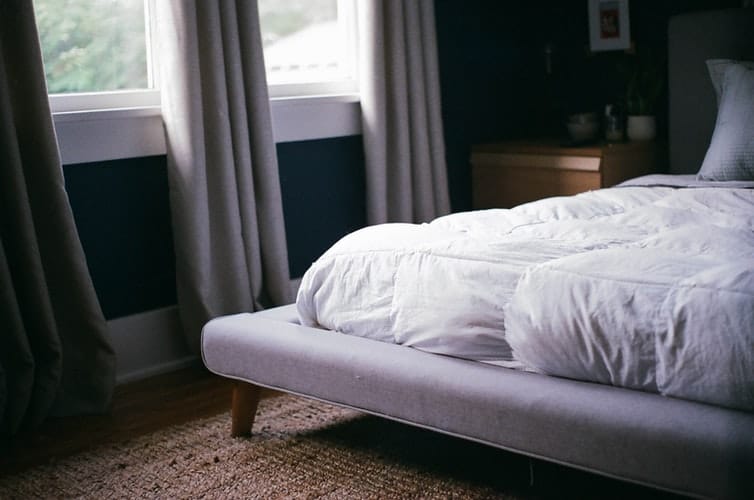Sleep apnea is a common sleep disorder in which your breathing pauses while you sleep. This potentially serious condition can cause you to snore and feel tired, even after getting a full eight hours. Another lesser-known side effect of this condition is hearing loss.
Obstructive Sleep Apnea

Obstructive sleep apnea (OSA) occurs when the muscles in the back of your throat relax too much, causing your airway to narrow when you breathe in. When you don’t get enough air, the level of oxygen in your blood decreases. This lack of oxygen sends a signal to your brain, which wakes you up so you can reopen your airway. In addition to the periods of not breathing overnight, common symptoms of this disorder include:
- Insomnia.
- Loud snoring.
- Waking up with a dry mouth.
- Morning headache.
- Daytime sleepiness.
- Irritability.
- Attention issues.
The Connection Between Sleep Apnea & Hearing Loss
A large 2016 study examined data from nearly 14,000 participants. Sleep apnea was diagnosed through an in-home sleep study, and hearing loss was measured with on-site audiometric testing. The researchers determined that those with severe sleep apnea had a 30% higher risk of developing hearing loss as compared to those without a sleep disorder.
A smaller 2016 study reviewed data from 41 participants with severe obstructive sleep apnea. The researchers found that hearing loss was more common in those with lower oxygen levels.
While hearing loss and sleep apnea are not fully understood, experts believe blood flow plays a large role. Delicate hair cells within the inner ear are responsible for sending sound information to the brain. These hair cells require a steady supply of blood to function. Sleep apnea can reduce the amount of blood flow to your ears.
Sleep Apnea Treatments
The most commonly-prescribed treatment for sleep apnea is the use of a continuous positive airway pressure (CPAP) machine. This device is worn while you sleep and helps keep your upper airway passage open.
Lifestyle changes can also help you improve. Visiting Access Fitness or going for a daily walk can help ease your sleep apnea symptoms. Losing weight, avoiding alcohol and changing your sleeping position to avoid lying on your back can also be beneficial.
Those with severe sleep apnea may benefit from surgery. To learn more about the relationship between hearing loss and sleep apnea or to schedule an appointment with a hearing loss expert, contact Western Montana Hearing and Speech today.